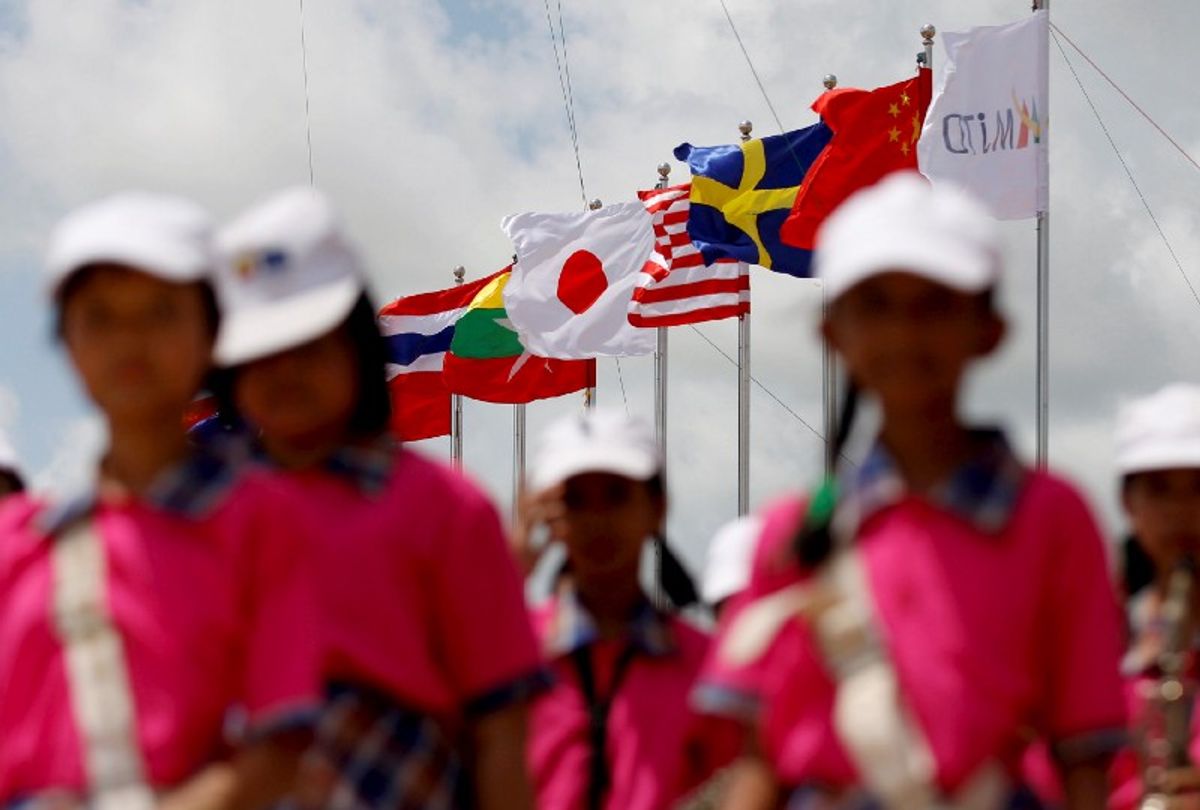Who’s American? Who’s Italian? How about Hungarian, German or Polish? Questions of nationalism and national identity are at the heart of the political changes sweeping Europe and the United States these days.
But what makes a person a member of a particular nation? Identities are always at some level imagined, but what people choose to focus on differs widely from country to country, according to a recent study by Pew Research. A few findings:
- 52% of Hungarians see place of birth as the most important attribute of national identity, while only 13% of Germans say the same.
- 84% of Dutch say being able to speak the national language is very important to being truly part of the nation, but only 59% of Italians share this view.
- 56% of Poles believe sharing national customs and traditions is central to national identity, while just 26% of Swedes agree.
- In the US, a large majority (70%) believes speaking English is important to being truly American, but only 45% see culture and tradition as a central national attribute.
Defining national identity is tricky enough — creating policy around that is another act entirely. What do you think is the most important criteria for national identity? Share your thoughts and we’ll happily publish a line or two.


















